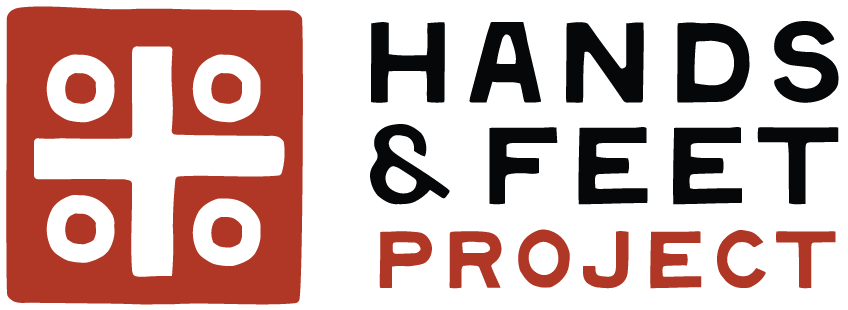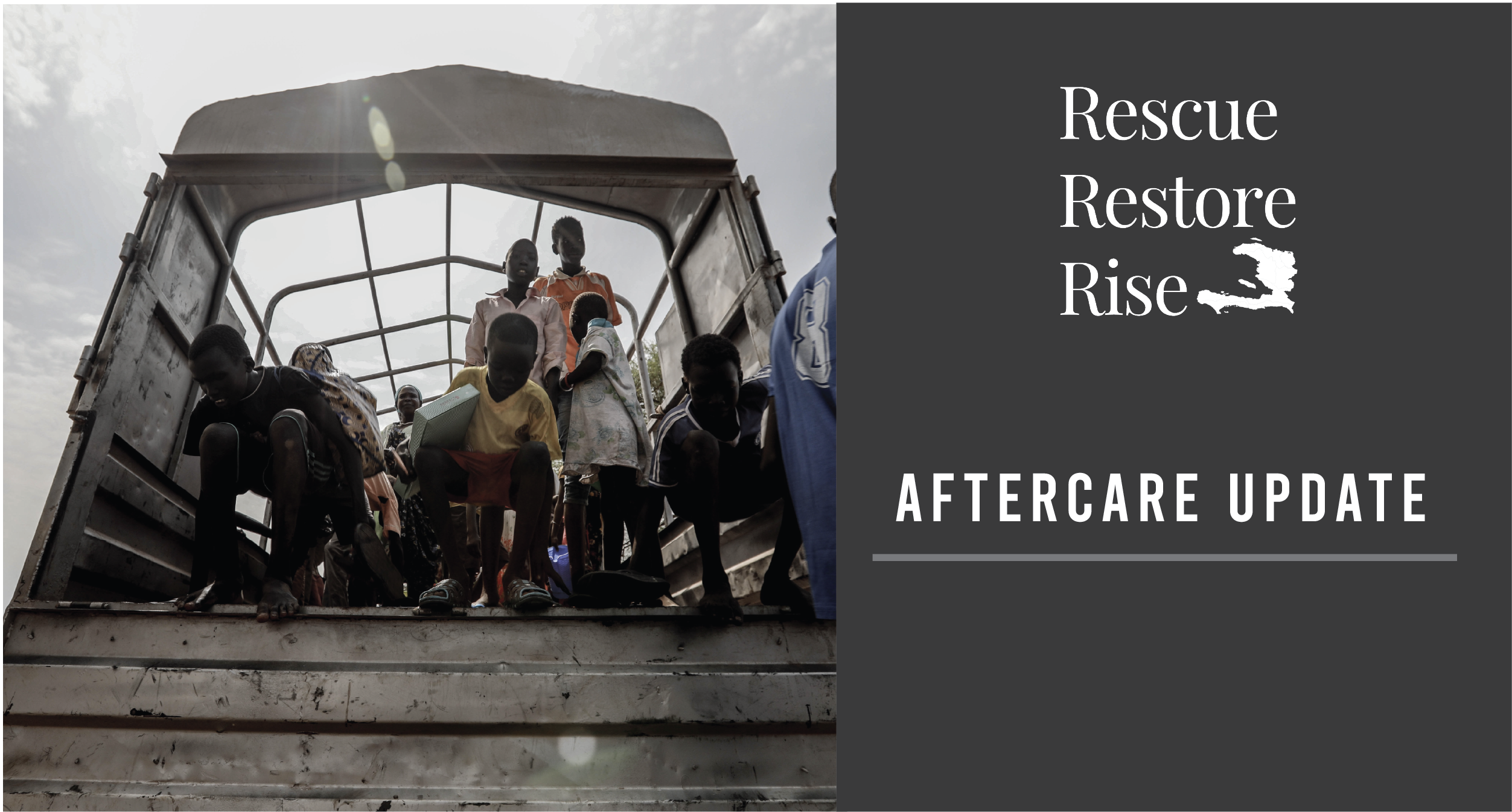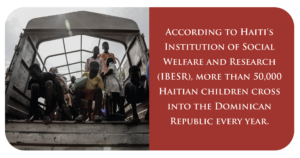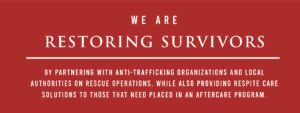While the Haitian government is currently focused on anti-gang endeavors, kidnapping prevention, and investigations around the president’s assassination, its capacity to additionally handle the trafficking issues in the nation has become limited. However, Hands & Feet Project remains determined to follow the calling God has given us to fight against human trafficking and to care for survivors through our Restoring Survivors Project.
Under the current political climate, we have not been able to gain significant momentum with the Restoring Survivors Project in Haiti. Since anti-trafficking units have been prohibited from traveling to the capital, conducting raids, and investigating leaders in the evil of the human trade business for several months, we have found ourselves asking God how we might shift our gaze to make more impact in the lives of survivors.
After prayerful consideration, we have been working through how we might serve the Haitian community in the Dominican Republic. Haiti and the Dominican Republic share a border to make up the island of Hispaniola. According to Haiti’s Institution of Social Welfare and Research (IBESR), more than 50,000 Haitian children cross into the Dominican Republic every year. These children are often driven from their home country because of extreme poverty—and while they hope to cross the border into a better life, they enter instead into a greater susceptibility of being trafficked, and few efforts exist to help mitigate the problem.
Hands & Feet Project has been invited twice to review the human trafficking rescue and relief efforts along the Dominican Republic and Haitian border. In the spring of 2021, we spent a week serving alongside an anti-trafficking unit at the Dominican Republic side of the border. This trip was focused on relationship building, information gathering and experiential learning. Again, a few weeks ago, we returned with a larger team with a greater agenda. We met with eight different government offices as well as anti-trafficking private agencies who invited us to return to discuss multiple ways to protect those vulnerable individuals.
Neither Haiti nor the Dominican Republic have met the minimum standards required to eliminate human trafficking, according to the 2020 Trafficking in Persons report out out by the US State Department. Many of the women and children who are being trafficked are suffering at labor camps without a home or support. In addition to meeting with agencies, in an effort to be a part of the solution, we also submitted a letter of request on how we can partner with the Dominican Republic to help the people of Haiti in their country. Hands & Feet Project is willing to fill the need there, whether that be protection, provision, or transportation back home. We are praying through our role. Will you join us?



